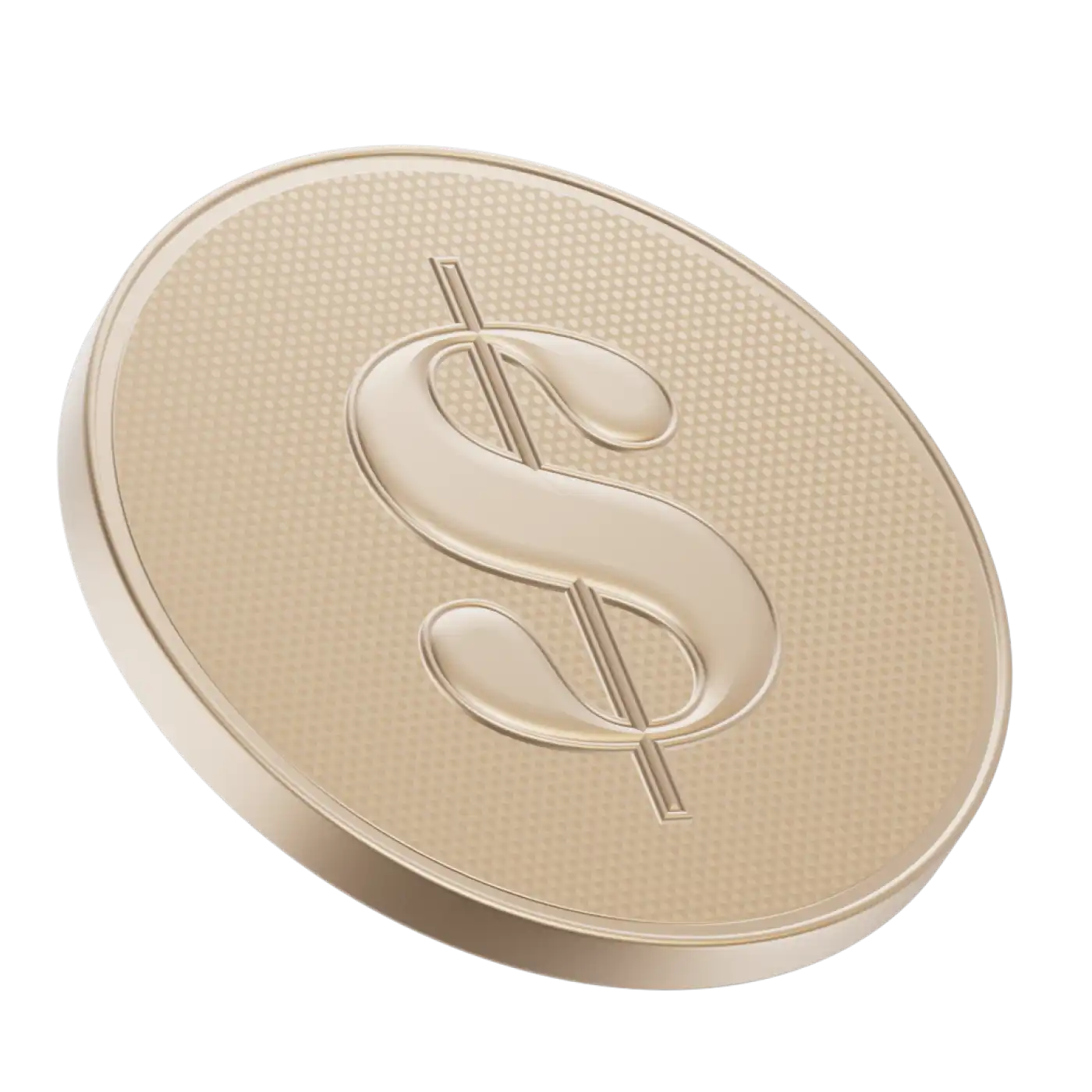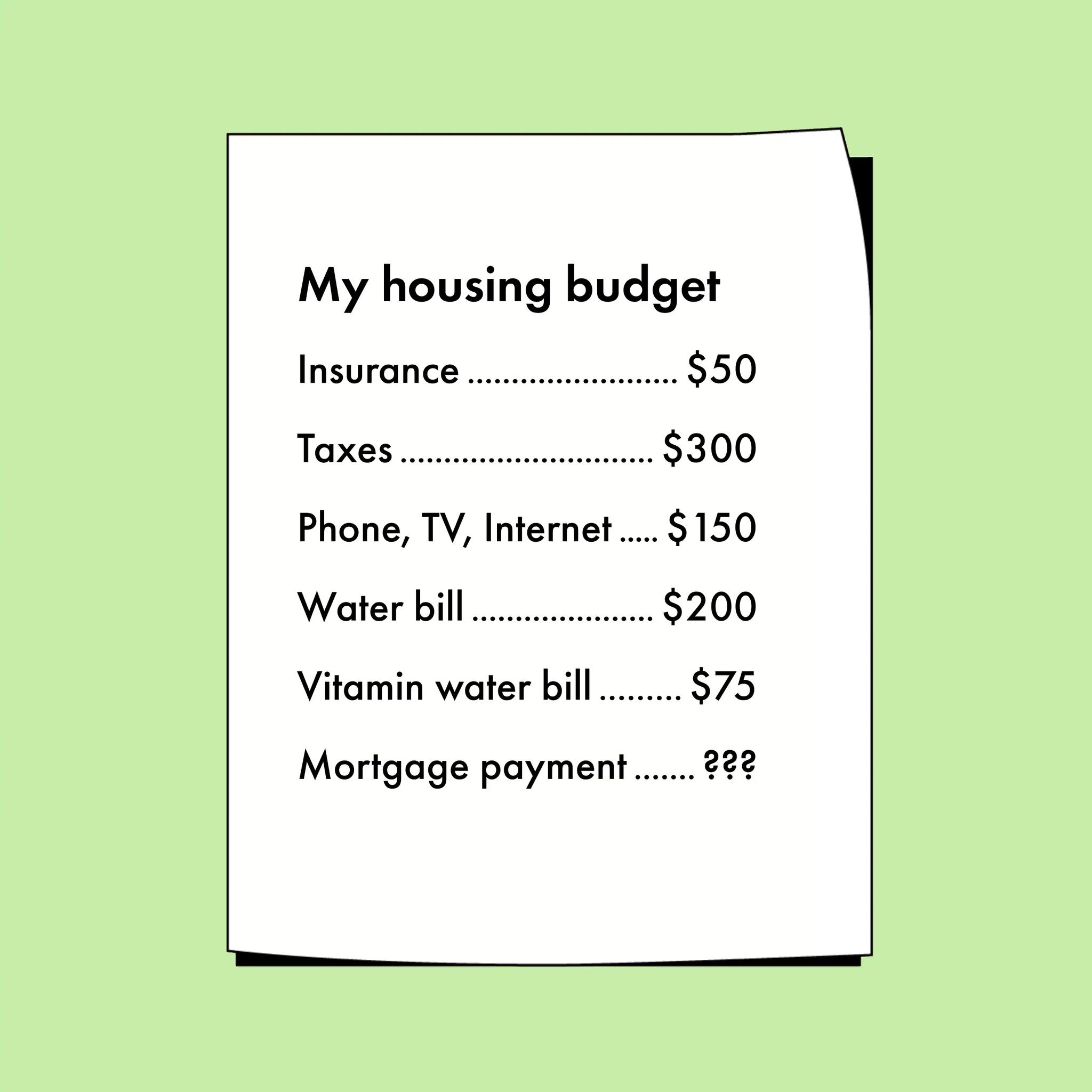Life is chock-full of surprises. A van could pull up to your house and hand you a big cardboard check for $1 million. But the far more likely surprises are not nearly as welcome — a natural disaster could damage or destroy your house, you or your partner might get too sick to work, or you might find yourself laid off or fired.
It doesn’t even have to be so dire; a blown transmission could cost you well over $1,000. A bill like that and you might be SOL —which, if you choose to interpret in polite language, means you’re Supremely Out of Luck financially. There’s no doubt that a sudden loss of income can totally screw up your finances and make you vulnerable to amassing huge credit card debts in order to cover expenses, which you may never be able to pay off. This is where the Emergency Fund steps up and saves the day.
What’s an emergency fund?
An emergency fund is an easily accessed source of funds that you’ll be able to use if things in your financial life temporarily go south. “Easily accessed” in this case should not mean stuffed in a mattress, a practice that an alarming number of people actually use. Not only will stashed cash be vulnerable to hungry vermin (one Indian rat gobbled seventeen large and promptly dropped dead), inflation will assure that any amount you stuff in the Serta will be worth less and less as the years go by. Easily accessed means liquid — i.e., you can either log onto an account and transfer it to your checking or march into a lobby and get it any time.
When should you start an emergency fund
The short answer is immediately. . Seriously, having an emergency fund is a good habit to form; your roof will not be accommodating of your schedule when it chooses a time to cave in. If it seems overwhelming to put away a large sum of money for a rainy day, that’s because you’re thinking about it all wrong. You should be putting many, many small sums of money away until it’s grown into a large amount.
A note of caution: Before you start an emergency fund, or do anything else with your money, you’ll want to pay off any large credit card debts. The 15-20% APR is its own emergency.
What is the best way to start an emergency fund?
The best way to start an emergency fund is either with a little money or a lot of it. This might sound obvious, but hear us out. There’s a possibility that once a year you’ll receive a windfall of several hundred or even thousands of dollars in the form of a tax return. (Maybe the windfall will instead come in the form of a work bonus or a cash gift from a flush relative.) Rather than spending it on a pair of expensive shoes, toss it in an interest-yielding cash-equivalent account.
If you’re starting from scratch and don’t have any big windfalls on the horizon, go the little-by-little route. Arrange with your bank to siphon off $50 or $100 a month (or whatever you can afford) from your pay into savings. It will likely go unnoticed. If it will go super-noticed in the form of overdrafts, budget accordingly so it doesn’t. A drink that costs five bucks a day adds up to about 150 bucks per month.
How much do I need in an emergency fund?
The standard answer is that you should have between three and six months of your household income on hand at all times to deal with unforeseen emergencies. Lately, some have suggested that 8-12 months is a better idea, given current economic realities. If you’ve got six months on hand, you’re probably in decent shape to weather most storms.
One topic that’s generally avoided in articles like this one is assessing your particular circumstances. If you have a relative you could depend on for financial assistance in a time of crisis, it will obviously alter your particular needs. But regardless of circumstances, everyone should have at least three months of expenses on hand.
Home
Heating and other utilities
Food
Clothing
Health insurance
Transportation
Keep in mind, big-city living is considerably more expensive than suburban or rural living. Your numbers are as special as you are. Adjust accordingly.
Where to keep your emergency fund
Liquid is liquid is liquid. You’ll need to be able to access your emergency fund within a day or two of something happening, and you’ll want it to be there in total —meaning, it would never be a good idea to keep your emergency fund invested in any remotely speculative investment like stocks. Consider the following options.
Savings account. You know what these are. Banks are famous for them. They pay virtually no interest, but up to $1 million is guaranteed by the government in case of bank failure.
GIC (Guaranteed Investment Certificate). This is a pretty secure place to stash your emergency fund. Be wary, however, that there will likely be a minimum period of time you’ll need to commit your funds in a GIC.
Some banks offer higher interest rates in exchange for commitments to keep your funds in place for as long as five years. If you need the funds in a hurry, some GICs will assess fairly stiff penalties. Most GICs will have a minimum deposit of $500 or more.


